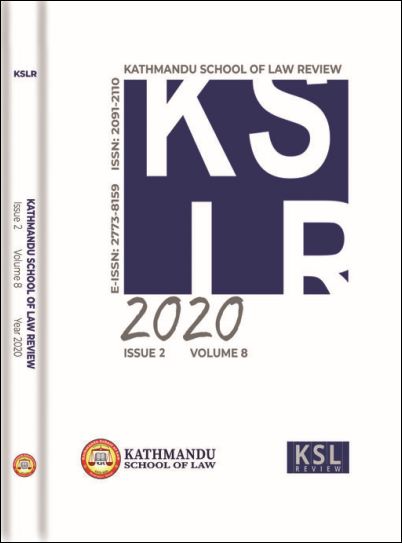Reforms Reaffirmed to Improve International Surveillance and Response Mechanism in WHO in the Post-Coronavirus Situation
Abstract
The emergence of COVID–19 has shown that the inability of WHO to have prompt disease surveillance could be callous to recognize and respond the situation of Public Health Emergency of International Concern (PHEIC). While the paper traces out the timeline of WHO to perform its mandate in combating the spread of infectious diseases, coincidently it also explains the needs to improve the epidemic intelligence on the basis of coordinated international and national surveillance and response mechanism. On the note, the post COVID–19 situation requires WHO member states to strengthen the institution within the international order of global health governance. The only way to do so will be through effective and prompt global disease surveillance and response system. On the note, the article attempts to shed light on the current and previous reaction of WHO over the infectious diseases including COVID–19. In the process, this article tries to suggest reforms within the IHR and WHO’s applicable effort to develop effective disease surveillance and prompt response system.
Downloads
Downloads
Published
How to Cite
Issue
Section
License
Copyright (c) 2020 Kathmandu School of Law

This work is licensed under a Creative Commons Attribution 4.0 International License.
© Kathmandu School of Law

